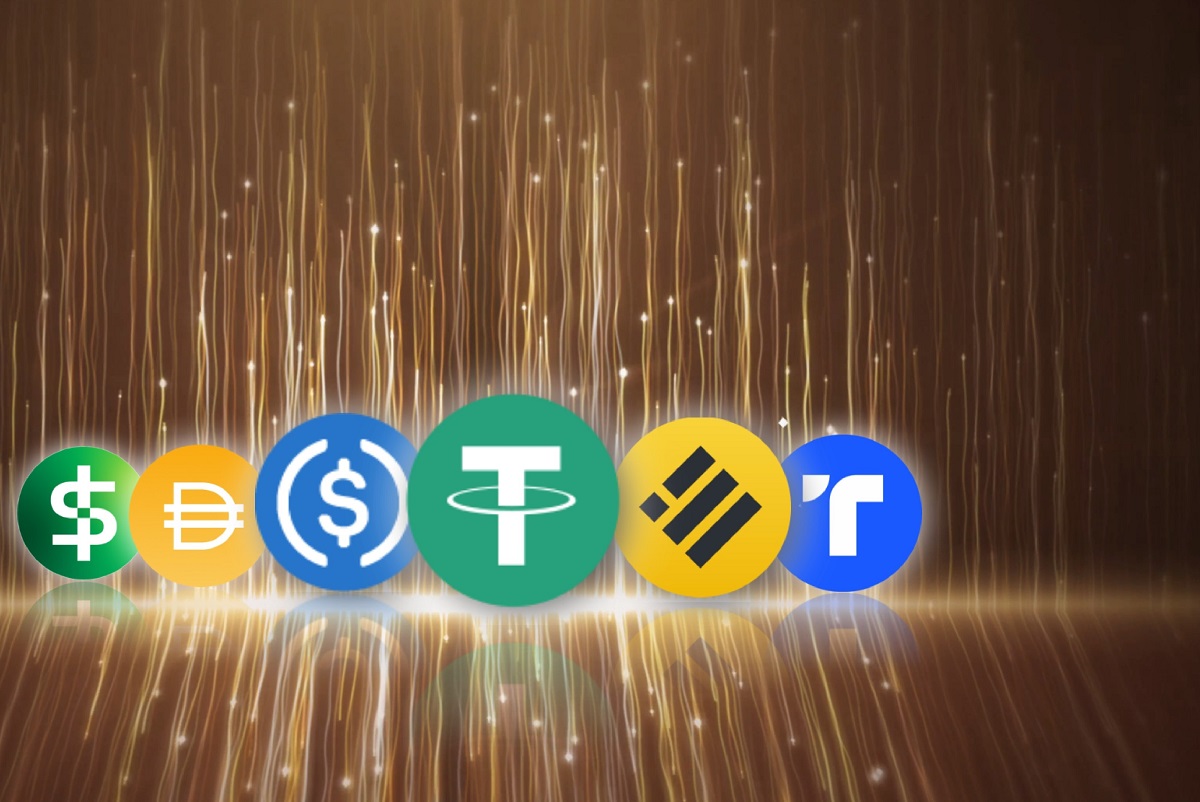Weeks after lifting its blanked crypto trading ban, the Central Bank of Nigeria (CBN) appears to be going all in on cryptocurrency, with the apex bank approving a 2024 rollout of the cNGN, a proposed stablecoin pegged 1:1 to the Naira. Coming over two years after the eNaira breakthrough, the event that saw Nigeria become the first African country to create and release a Central Bank Digital Currency (CBDC).
However, cNGN isn’t another CBDC, as widely speculation. It’s a new cryptocurrency from the Africa Stablecoin Consortium (ASC). The body announced in a January 8 statement that the cNGN project is on hold. Additionally, the ASC reserves back the cNGN fully to maintain a 1:1 peg with the Nigerian Naira.
There is no official whitepaper yet, but preliminary information indicates a similarity to USDT or EURC tokens per design and functionality.
What is the ASC?
The Africa Stablecoin Consortium (ASC) is a community of (mostly) Nigerian financial operators and stakeholders aiming to advance financial inclusion and bridge the gap between digital and fiat currency in Africa. While it’s not a government body, all members of the ASC are duly licensed financial institutions and stakeholders in Nigeria.
This stablecoin project is ASC’s first foray into digital currencies, and it’s already receiving critical acclaim from observers, being the first attempt at creating a stablecoin from an African cryptocurrency.
Why was the February Launch Date Postponed?
While a January 4 memo promised a rollout of the stablecoin by February 27, the ASC has made a U-turn on the launch date, clarifying that the stablecoin will not launch publicly on February 27.
The statement didn’t provide an alternative launch date but cited engagements with ‘appropriate regulatory bodies’ as the reason. Followers of the consortium and the project may have to await further communication from the ASC for a new launch date, hopefully within the year.
Enduring short delays could have long-term benefits for the project as the rollout of the eNaira and subsequent lack of acceptance is still fresh on the minds of many Nigerians. Rushing to release something incredibly buggy to millions of hopeful Nigerians could see the cNGN stablecoin go the way of its predecessor–a massive failure.
Why did the eNaira fail?
The Central Bank of Nigeria’s (CBN) earlier attempt at a digital currency, the eNaira, failed woefully, and many cryptocurrency researchers and stakeholders have put many reasons forward to explain the digital currency’s failure despite Nigerians’ receptive attitude towards cryptocurrency assets. For one, the eNaira wasn’t a cryptocurrency in the traditional sense; it’s a digital currency (CBDC).
Mainstream cryptocurrencies like Bitcoin and Ethereum are decentralized for privacy and security purposes. However, the Central Bank of Nigeria (CBN) is responsible for issuing the eNaira and can monitor all transactions on the currency’s blockchain.
Since it isn’t a cryptocurrency, you can’t hold it in your regular cryptocurrency wallet; you’ll need to download a different (and often buggy) app to use and spend the eNaira tokens.
It didn’t help that the eNaira app was so buggy that the CBN had to remove it from app stores shortly after launch. With the mandatory KYC feature broken in the initial release and plenty of features not working, most Nigerians gave up on the eNaira before it had time to show its promise.
Having to complete an extremely buggy KYC process that’s handing over user data to the Nigerian government just for access to a digital wallet with no benefit over conventional bank accounts for a currency that doesn’t play nicely with other digital wallets didn’t make sense to most people, and the project failed.
How is cNGN different?
After Nigeria’s controversial 2023 general elections, the new government appointed a new leadership for the CBN, marking a significant change in digital finance policies. For one, the CBN lifted its longstanding ban on crypto and relegated the eNaira to the background while marketing the new cNGN project.
Unlike eNaira, the cNGN isn’t issued or monitored by the CBN. It’s also not locked to a specific blockchain or cryptocurrency wallet. It will be moveable. The stablecoin is a more secure, faster, and private crypto alternative to the eNaira. We would have to wait and see if Nigerians are interested in a retry of the failed project.








